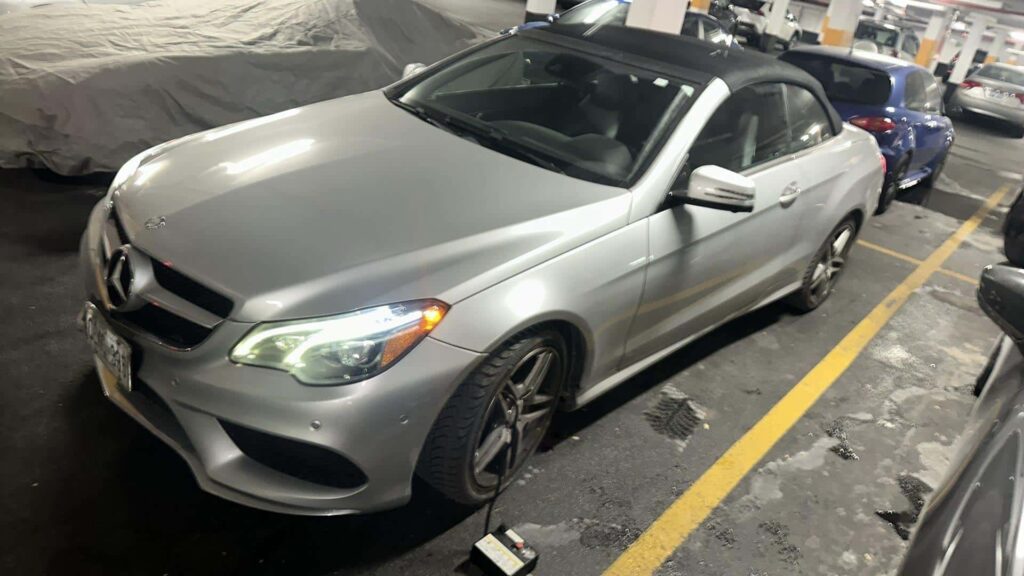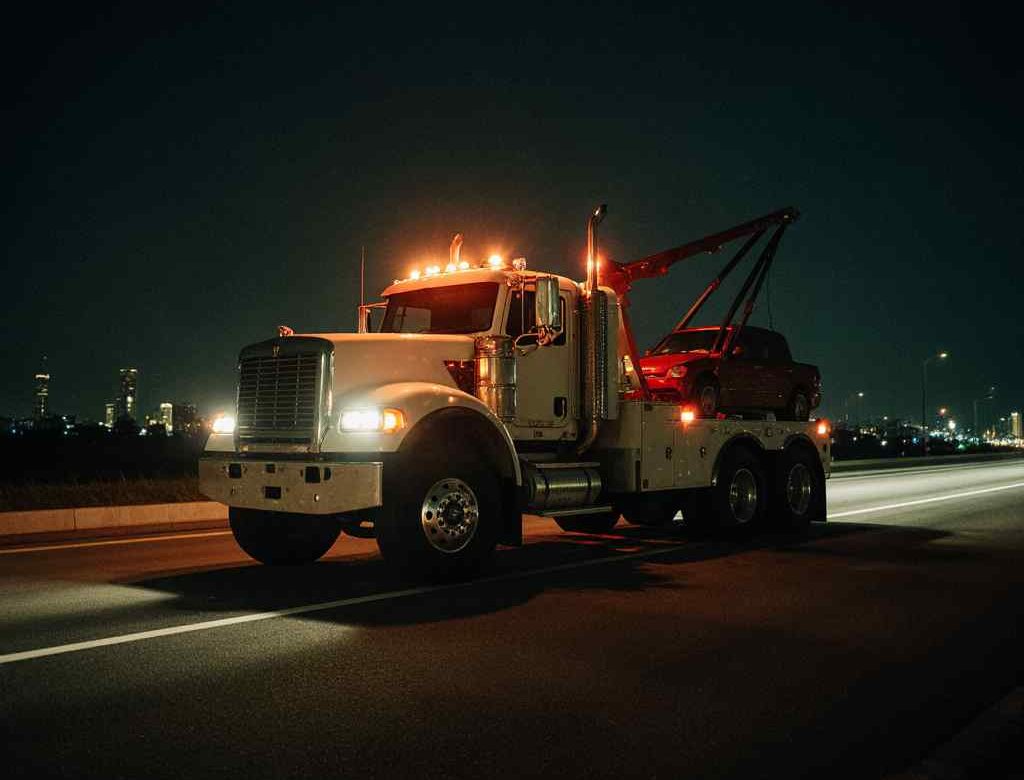Private parking lots may look simple — painted lines, a few signs, and open space. But in Toronto and the GTA, they are high-pressure environments where misuse happens daily. Without structured enforcement, parking areas quickly turn into sources of complaints, safety risks, and operational disruptions.
This guide breaks down how professional parking enforcement works, why it matters, and how property owners can turn a problem area into a controlled, compliant system with help from experts like Norman Towing.
What Is Private Property Parking Enforcement?
Private parking enforcement is the structured management of parking rules on non-public property. This includes:
- Condominiums
- Apartment complexes
- Commercial plazas
- Office buildings
- Industrial facilities
- Retail centers
The goal is simple: ensure that parking spaces are used only by authorized vehicles and according to posted rules.
But in practice, it involves planning, monitoring, compliance, and documentation — not just towing.
Common Parking Problems Property Owners Face
Without enforcement, parking issues multiply:
🚫 Non-residents using tenant spaces
🚫 Abandoned or long-term vehicles
🚫 Fire routes blocked
🚫 Accessible parking misuse
🚫 Customers unable to find spots
🚫 Delivery and loading zones blocked
These problems don’t just frustrate people — they affect safety, reputation, and even legal liability.
Step 1: Property Assessment & Risk Identification
Professional enforcement starts with understanding your property.
A proper assessment includes:
- Parking layout review
- Entry and exit flow
- Signage placement
- High-risk zones (fire routes, accessible spots)
- Peak traffic times
- Tenant vs visitor parking behavior
This step ensures enforcement is based on your property’s real needs, not generic rules.
Step 2: Signage & Rule Clarity
Clear signage is the foundation of legal and effective enforcement.
Signs should communicate:
✔ Who can park
✔ Time limits
✔ Permit requirements
✔ Consequences for violations
Well-placed, visible signage reduces disputes and ensures drivers are informed before enforcement action occurs.
Step 3: Active Monitoring & Patrols
Consistent patrols create deterrence. When drivers know a lot is monitored, violations drop significantly.
Professional patrols focus on:
- Permit checks
- Visitor space limits
- Unauthorized long-term parking
- Safety zones
- Special use areas like loading docks
Monitoring may occur during peak hours, overnight, or on custom schedules depending on the property.
Step 4: Documentation & Reporting
Documentation is what separates professional enforcement from risky, informal action.
Proper documentation includes:
- Photos of violations
- Time and location records
- Vehicle details
- Rule violated
This protects property owners if a vehicle owner challenges enforcement and ensures actions follow municipal requirements.
Step 5: Bylaw-Compliant Towing (When Necessary)
Towing is typically the last step, not the first. It’s used when violations continue or when vehicles create safety risks.
Professional services ensure:
- Towing follows local bylaws
- Proper authorization is confirmed
- Actions are documented
- Disputes are handled professionally
This prevents legal complications and keeps enforcement fair.
Why Professional Enforcement Works Better Than DIY
Some property owners try to manage parking internally. But this often leads to:
❌ Staff confrontations with drivers
❌ Inconsistent rule enforcement
❌ Poor documentation
❌ Legal risk
Professional enforcement teams provide neutrality, training, and compliance knowledge — removing emotion from the process.
Benefits for Property Owners & Managers
When enforcement is structured and consistent:
✔ Parking spaces remain available for authorized users
✔ Tenant and customer satisfaction improves
✔ Complaints decrease
✔ Safety risks are reduced
✔ Property reputation improves
✔ Management workload decreases
It becomes a preventive system, not a daily emergency.
How Enforcement Differs by Property Type
Residential Properties
- Assigned spaces
- Overnight monitoring
- Visitor space control
Commercial Properties
- Customer turnover
- Staff parking policies
- Short-term parking enforcement
Industrial Sites
- Truck access routes
- Loading zone management
- Safety compliance
Each requires a tailored approach.
Compliance & Liability Protection
In Toronto and the GTA, improper enforcement can lead to disputes or claims. Professional services help ensure:
- Rules are clearly posted
- Enforcement follows local regulations
- Records are available if needed
- Actions are consistent and fair
This protects property owners legally and operationally.
Conclusion: Parking Enforcement as Smart Property Management
Parking enforcement isn’t about being strict — it’s about creating order, fairness, and safety.
With structured enforcement, property owners move from constant complaints to predictable, controlled parking systems. Professional services like Norman Towing help transform parking from a problem into a managed asset.
Expert View: Enforcement Best Practices
“The most effective parking enforcement programs focus on prevention, documentation, and compliance. When done professionally, enforcement improves safety, reduces conflict, and protects property owners from legal exposure.”
— Urban Traffic & Parking Systems Consultant


















